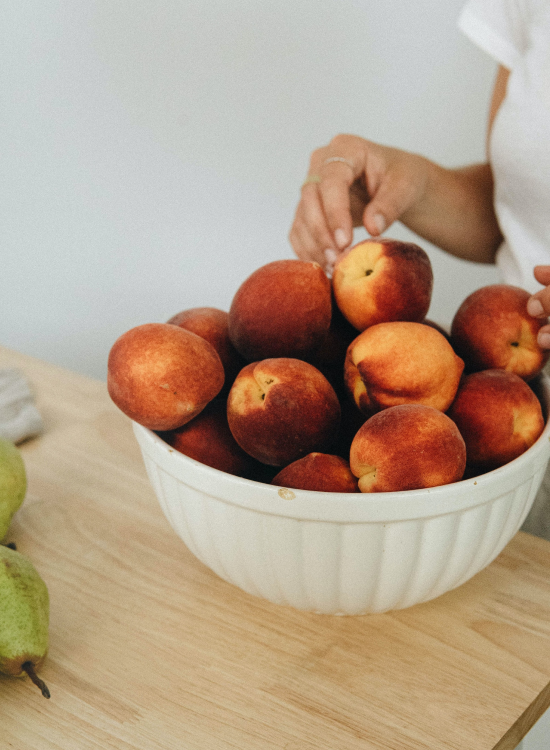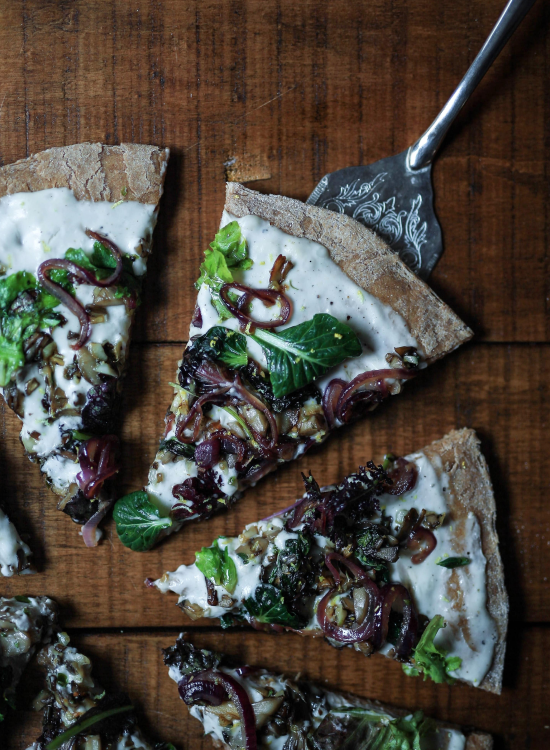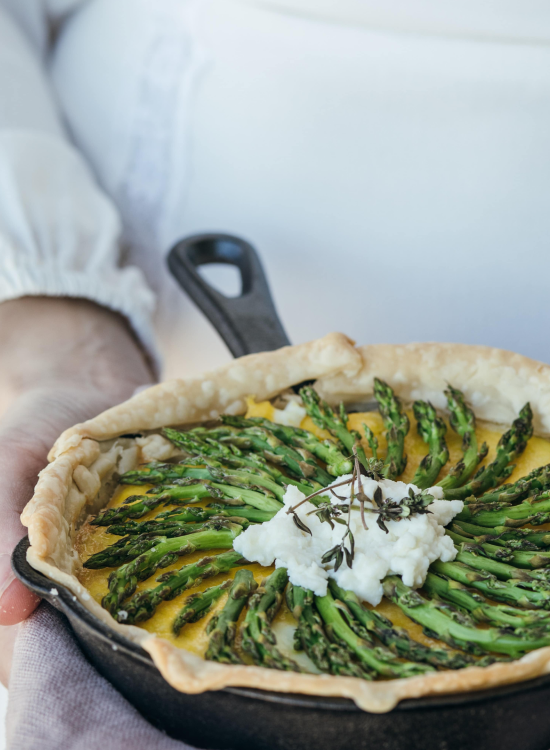How to nourish ourselves consciously
Maria Abajo
We have learned to eat, now we have to learn to feed ourselves.
Eating is a vital necessity and all of us have learned to do it. However, we often forget that the point of eating is to nourish our cells so that they can function optimally rather than simply satisfying our hunger with something we crave.
Ideally, both objectives should be united, but as we have been moving away from nature, we have lost communication with our body, our instinct. This disconnection has caused that, just as animals know how to feed, when to fast or when to take advantage of to eat more, we have lost that innate knowledge. And this is one of the causes that contribute to our bodies becoming unbalanced and sick more easily.

Our health depends on the health of our cells, which are what make up our wonderful organism. Our cells work tirelessly day after day to keep us alive, they are programmed to survive, and they do everything they can to achieve that goal.
If our cells have everything they need to function properly, our body will work better, we will be more resistant to diseases, we will have energy to live our life to the fullest and also more balance on an emotional level.

The question therefore is, what do our cells need so that we can live our lives to the fullest? The answer is simple: they need nutrients, oxygen and the least amount of toxins possible.
Regarding nutrients, our cells need micronutrients and macronutrients: vitamins, minerals, antioxidants and healthy fats, proteins and carbohydrates.
Today it is especially important to consume foods rich in antioxidants, since we are surrounded by toxic substances that generate free radicals and we need antioxidants to counteract them, which are mainly found in fruits and vegetables. Therefore, at least 50% of our plate should be vegetables of various colors without overcooking.

On the other hand, there are more and more studies that show the benefits of following a plant-based diet where most of our calories come from plant foods: fruits, vegetables, whole grains, legumes, nuts and seeds.
The general idea is to eat real food in the most similar way to how nature provides it, with minimal processing and without overcooking (raw, steamed, fermented, dehydrated …) to maintain its nutritional properties. The centenarians of the planet are a good example of this type of diet, since 95% of their diet comes from plant foods.

Currently there are some nutrients whose deficiency is more common. Due to the inadequate treatment of soils with intensive agriculture, foods have lower levels of zinc and magnesium, two minerals that are absolutely essential for the proper functioning of our body.
Also, due to our current lifestyle and the fact that our liver can often be congested due to the increasing number of environmental toxins, vitamin D deficiency is more and more frequent. That is why exposing ourselves to the sun in a controlled way, avoiding the hours when the sun is strongest, is absolutely necessary.
To provide oxygen to our body the key is to learn to breathe correctly, have more contact with nature, practice moderate exercise and provide our body with foods rich in chlorophyll (green color).

Finally, avoiding or reducing exposure to toxins is absolutely essential for the health of our cells. Eating more and more food from organic farming, choosing natural cosmetics, avoiding kitchen utensils that can release toxins such as non-stick pans or plastics, and controlling stress, which also produces oxidative stress in our cells, are some of the practices that we can implement. to reduce our exposure to toxins.
Eating consciously knowing that the most important thing is to nourish our body and relearn how to do it, we will be more connected with ourselves and we will live a healthier and, therefore, happier life.

‘Eat real food, not too much and especially plants’ (Michael Pollan)